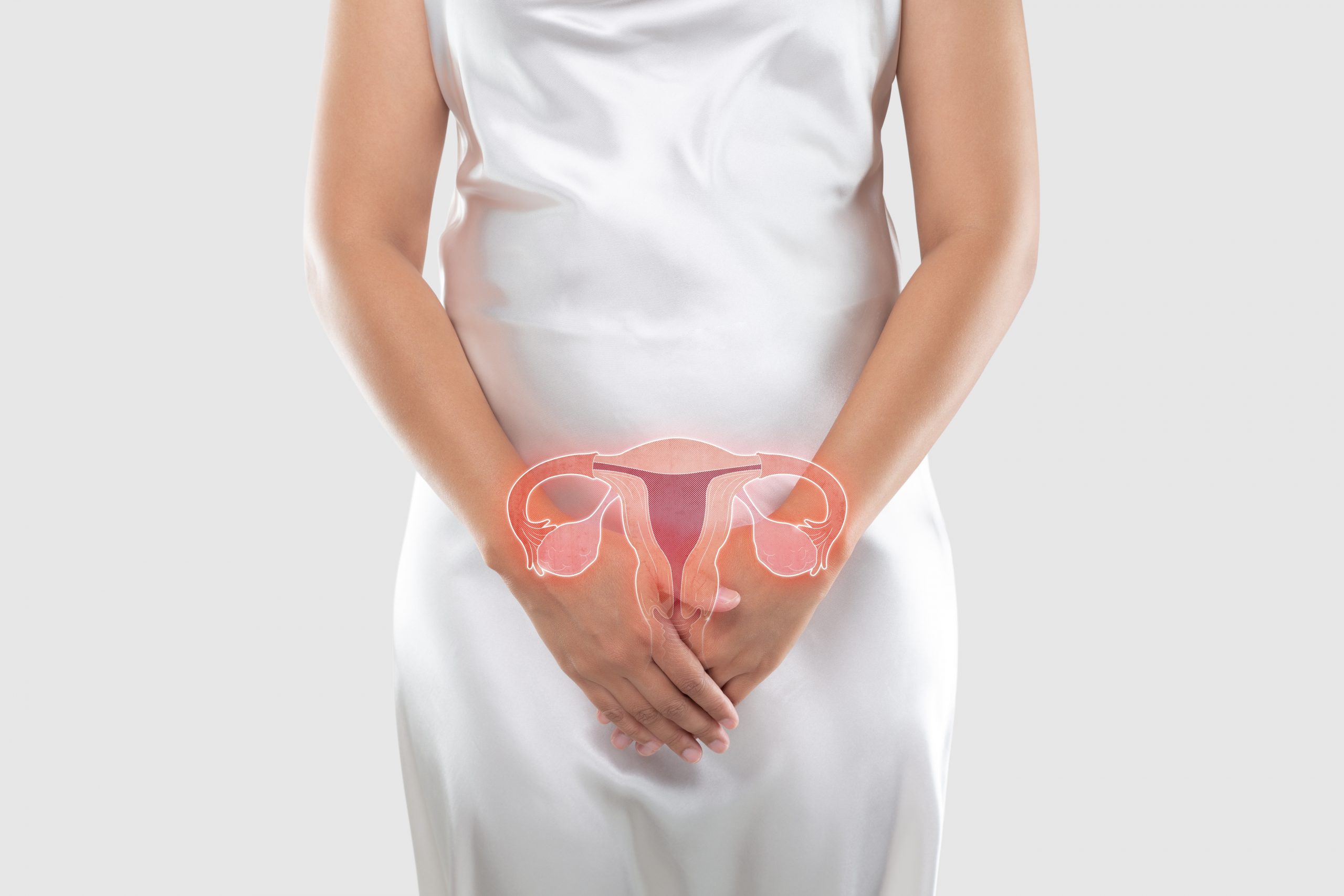The days following an embryo transfer are a mix of excitement, hope, and maybe even a little anxiety. Whether you’re an intended parent or a surrogate, this is a significant step in the IVF process, and it’s completely normal to have questions: What happens next? Are these symptoms okay? Is there anything I can do to help the process along?
In this article, we’ll cover what you might experience after a frozen embryo transfer, the signs to watch for, and how to take care of yourself during this important time.
Going Through The IVF Procedure
Going through IVF can certainly be an emotional rollercoaster. It’s a very joyful and exciting time when focusing on the goal of conceiving. However, it can be a very nerve-wracking experience as well given the unknowns of what the outcome will entail and naturally worrying about what could go wrong.
The Mayo Clinic explains the typical steps you would expect to take for the IVF process:
- Prior to the procedure, you will go through a round of tests, including blood work, sperm analysis, and ultrasound.
- They will then prescribe medications to stimulate the ovaries to produce multiple eggs.
- Ultrasounds are often performed routinely to monitor the stimulation process.
- Once sufficient eggs are produced, a laparoscopic procedure retrieves them. They will place a small tube through the vagina and into the ovary to collect the eggs by suction.
- Semen is also collected to be combined with the eggs that are retrieved in a lab.
- When the egg and sperm meet to create an embryo, they will give it about one week to grow before undergoing genetic testing in the lab.
- Finally, the embryo is placed into the uterus through a tiny tube that is inserted into the vagina.
- Follow-up blood work will be ordered to confirm pregnancy. In the event the test is negative, the cycle will be repeated.
What Happens After An Embryo Transfer
Johns Hopkins Fertility Center describes embryo transfer as “a process to deposit embryos into the uterine cavity by using a fine catheter that is passed through the cervix.” Following the transfer, your medical team will schedule a blood pregnancy test approximately 9-14 days after the procedure.
Common post-transfer experiences include:
- Cramping is experienced by about 45% of patients: Some women report light cramping similar to period pain, which can be a result of the procedure or early implantation.
- Light spotting occurs in 30% of patients: Spotting or very light bleeding can occur and is sometimes an early sign of implantation.
- Fatigue and tiredness affect 50% of patients: Hormonal changes during this stage may leave you feeling unusually tired.
- Breast tenderness is reported by 40% of patients: Soreness or sensitivity in your breasts is common due to rising hormone levels.
- Mild nausea happens in 25% of patients: Early pregnancy symptoms, such as nausea, may appear for some women.
- Missed period: A missed period can be an early indication of pregnancy but is not definitive without testing.
- No symptoms at all (35% of patients): It’s important to note that many women experience no noticeable symptoms during this time—and that’s completely normal.












